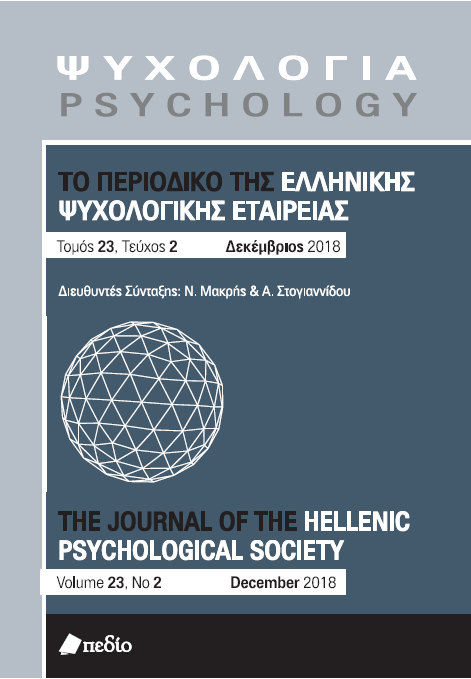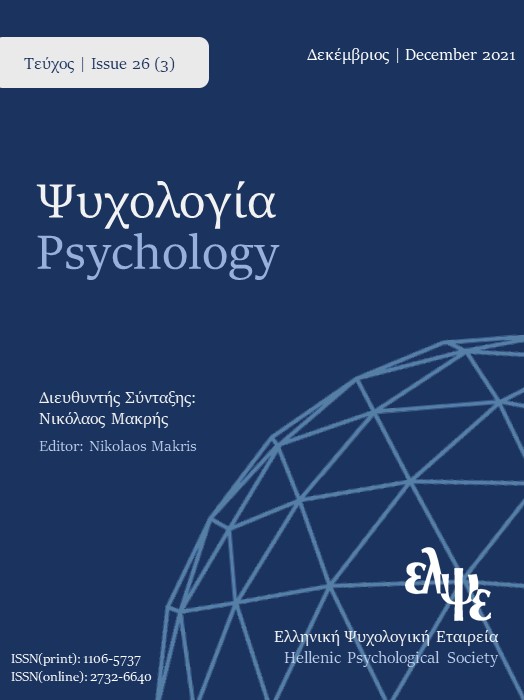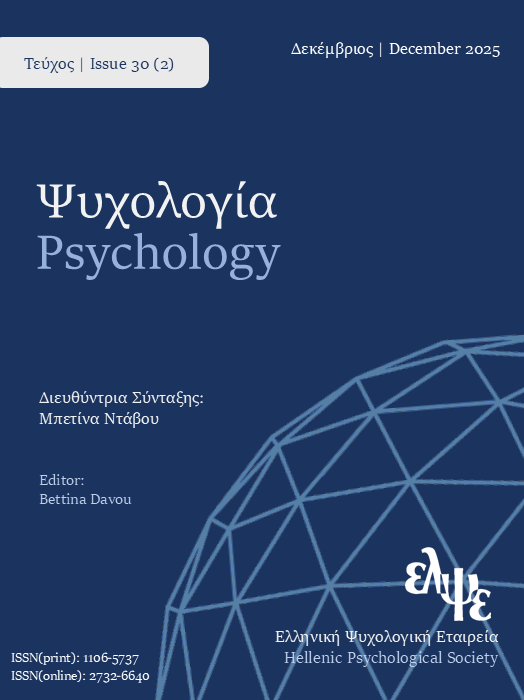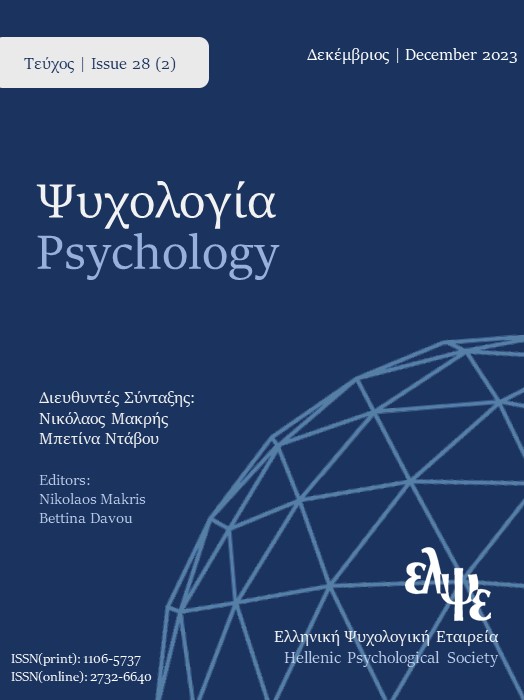Towards an integration of different approaches to social influence: from thought-listing to source-message evaluation
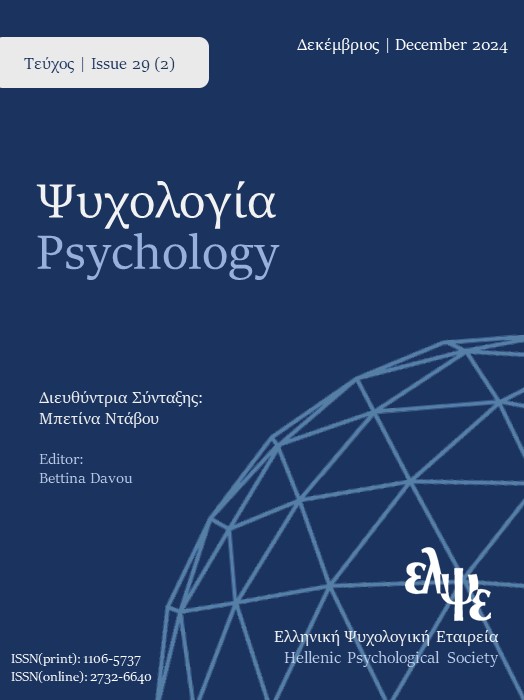
Abstract
The present paper aims to contribute to a convergence of two distinct approaches to social influence, one based on persuasion literature, and one based on the genetic model of social influence. Moreover, the goal is to disentangle the conditions that affect the complex relations among source status (majority vs. minority), kind of influence (direct vs. indirect), type of argumentation (strong vs. weak), and psychological processes (cognitive processing vs. comparison validation elaboration). In both experiments source status and argument quality were manipulated, and a third independent variable was introduced, the introduction (or not) of a thought listing task (Experiment 1), and the introduction of differential psychological process, cognitive processing (via a thought listing task) vs. comparison validation elaboration (via a source-message evaluation) (Experiment 2). Analyses showed that, in Experiment 1, the no-thought list conditions led to greater direct influence whereas the thought listing conditions led to greater indirect influence. Also, minority influence was greater than majority influence. In Experiment 2, only in the thought-listing conditions, as in Experiment 1, strong arguments led to greater direct influence than weak arguments; for indirect influence significant results were found for minority source only: weak arguments were more influential in thought listing condition than source-message evaluation condition and strong arguments in source-message evaluation condition. These findings are discussed in the light of bringing together two distinct thus far approaches to social influence.
Article Details
- How to Cite
-
Papastamou, S., Prodromitis, G., & Gardikiotis, A. (2024). Towards an integration of different approaches to social influence: from thought-listing to source-message evaluation. Psychology: The Journal of the Hellenic Psychological Society, 29(2), 144–157. https://doi.org/10.12681/psy_hps.34599
- Section
- RESEARCH PAPERS

This work is licensed under a Creative Commons Attribution-ShareAlike 4.0 International License.
The journal PSYCHOLOGY adopts a Platinum open-access policy. Submission, processing or publication costs are waived by the Hellenic Psychological Society. Papers published in the journal PSYCHOLOGY are licensed under a 'Creative Commons Attribution-ShareAlike 4.0 International' licence. The authors reserve the copyright of their work and grant the journal the right of its first publication. Third-party licensees are allowed to use the published paper immediately after publication as they wish, provided they retain the defined by the license copyright formalities, regarding the reference to its author(s) and its initial publication in the journal PSYCHOLOGY. Moreover, any adjusted work should be shared under the same reuse rights, so with the same CC license.



